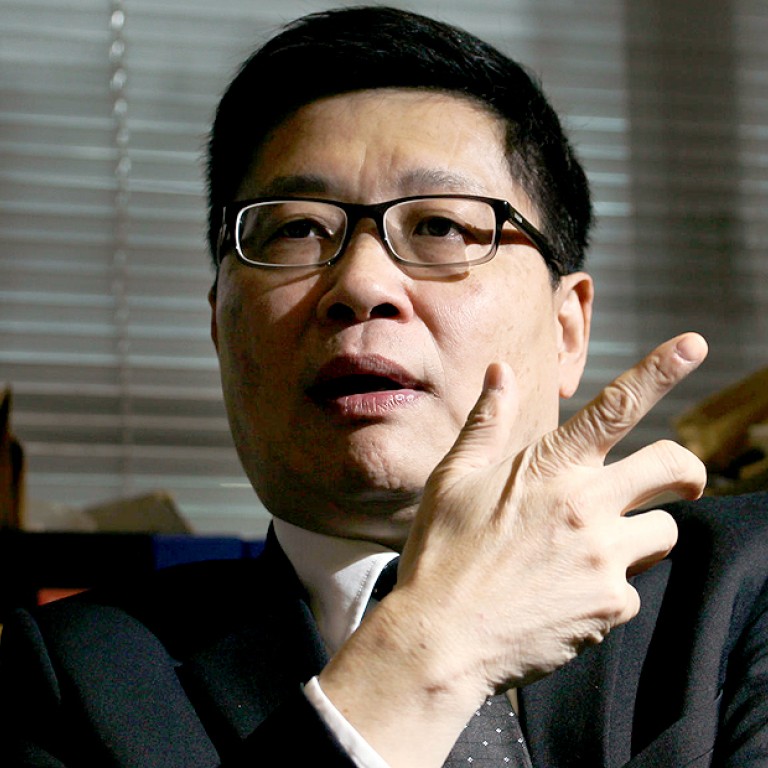
Deliberation day was 'undesirable': Occupy Central
Movement considers canvassing opinion by adding questions to citywide vote - but rules out adding moderate proposals to the shortlist
Occupy Central organisers believe the handling of the third deliberation day - on which 2,500 voters shortlisted three radical proposals to go forward to a citywide referendum on political reform - was "undesirable".
At a meeting last night, organisers said radical groups such as People Power had "violated the setting of Occupy Central" by mobilising supporters who had not taken part in any of the discussions to vote, according to a source. They agreed that this had "hampered [Occupy Central's] image and even its credibility".
The third deliberation day created a rift in the pan-democratic camp between radicals and moderates. It gave rise to concerns that the unofficial "civil referendum" from June 20 to 22 would offer only narrow choices for Hongkongers, as moderate proposals had been "screened out" in the May 6 poll.
Each of the three radical proposals would give the public the right to nominate chief executive candidates - a condition that moderates say is unrealistic as it has been repeatedly rejected by both the central and Hong Kong governments.
"The participants [of the meeting] said it was undesirable to see the moderate pan-democrats walking away from Occupy Central…they're worried the situation will affect the movement's bargaining power," added the source.
The development came just hours after an Occupy Central organiser said the movement was considering widening the scope of the referendum.
Dr Chan Kin-man said the movement could formulate extra questions to put to voters to better gauge Hongkongers' views.
One possibility was to ask voters whether there was any practice they would find unacceptable, such as block voting.
However, he ruled out adding moderate proposals to the referendum shortlist, as suggested by former chief secretary Anson Chan Fang On-sang.
"We cannot do that simply because someone is unhappy with the polling results," the Chinese University sociologist said.
"That would violate procedural justice."
Chan's comments were in response to a call from Civic Party leader Alan Leong Kah-kit.
The three shortlisted proposals came from student-led group Scholarism, the Alliance for True Democracy and People Power.
A breakdown of the alliance - made up of 26 of the 27 pan-democratic lawmakers - is looming after People Power and the League of Social Democrats reneged on promises to support the alliance's proposal.
The Democratic Party will decide tomorrow whether to quit the alliance, while Anson Chan, convenor of the Hong Kong 2020 think tank, and Civic Party legislator Ronny Tong Ka-wah are meeting today to explore the possibility of forming a new platform to push their own proposals.
Both advocate making the nominating committee more representative while ignoring the idea of public nomination.

